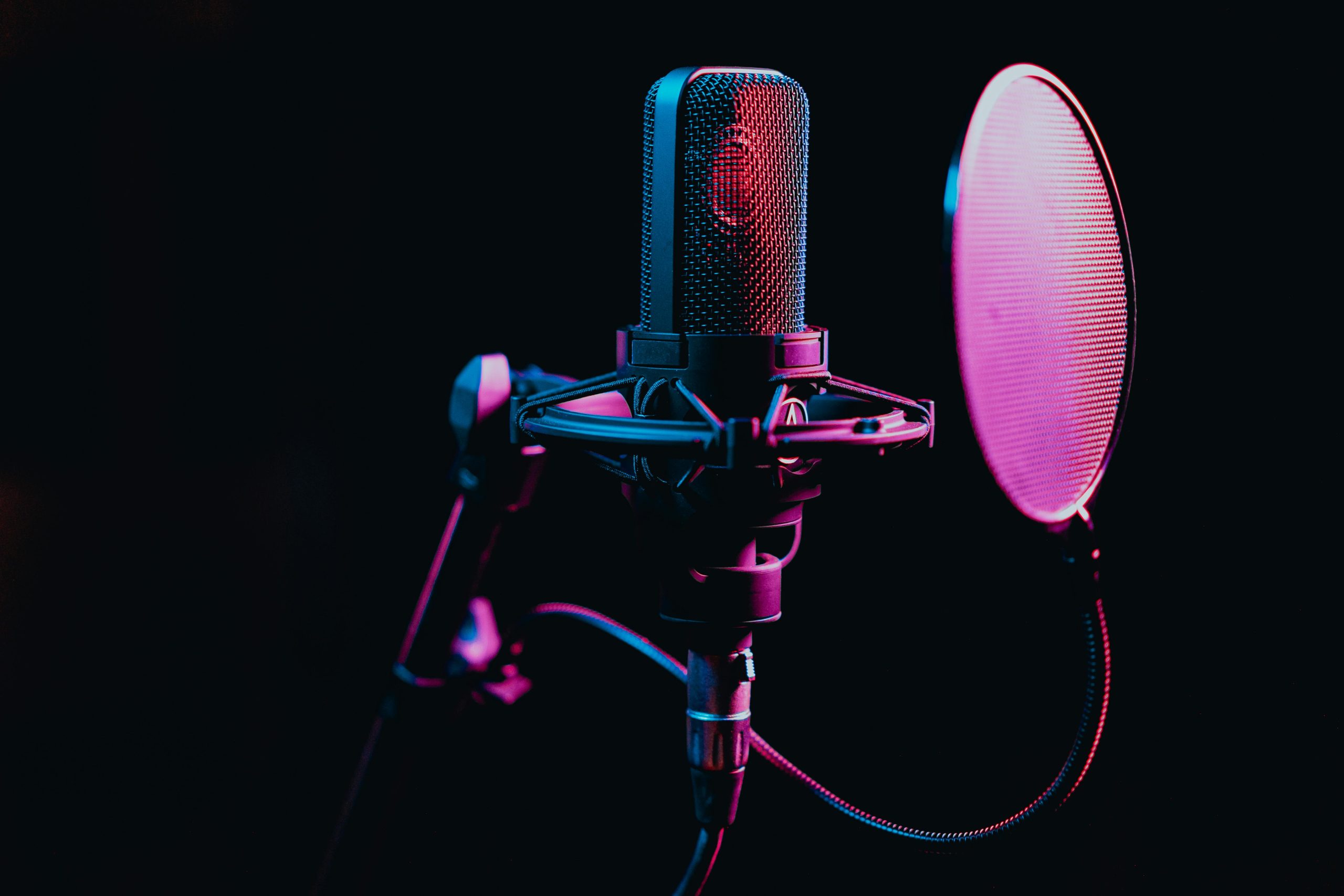AI Music and Deepfakes: What Happens When Artists Are Imitated Without Consent?

The Rise of AI Soundalikes
AI is getting scarily good at mimicking human voices—and the music world has definitely noticed. From YouTube remixes to full-blown tracks popping up on streaming platforms, it’s now possible to create songs that sound almost exactly like your favorite artist… without them ever stepping into a studio. Sounds impressive? Maybe. But it’s also a huge red flag for the industry.
This goes way beyond tribute covers or parody. These deepfake songs are blurring lines, leaving artists out of the loop and fans unsure what’s real.
Why It’s a Big Deal (Legally and Ethically)
Here’s the thing: just because something is technically possible doesn’t mean it’s fair—or even legal. When AI models are trained on copyrighted work or designed to clone an artist’s voice, they could violate publicity rights and copyright laws. But since the rules around this are still catching up, a lot of these tracks slip through the cracks.
Even worse, fans might think these fake songs are official releases. That’s not just misleading—it can mess with an artist’s reputation and creative control.
How Detection Tools Can Help
Luckily, we’re not flying blind here. AI detection platforms like aimusicdetection.com help labels, sync teams, and music pros spot tracks that were made with AI. These tools look for patterns that humans might miss and help confirm if a song is legit—or if it was cooked up by a bot trying to sound like Beyoncé.
Using this kind of tech early in the process means fewer headaches down the line. It keeps things transparent and protects both artists and fans.
Conclusion
AI in music is here to stay—but that doesn’t mean we should ignore the risks. When tracks are made to sound like someone else without their say-so, it crosses a line. The good news? With smart tools and stronger industry standards, we can keep creativity honest and make sure real artists stay in control of their sound.
